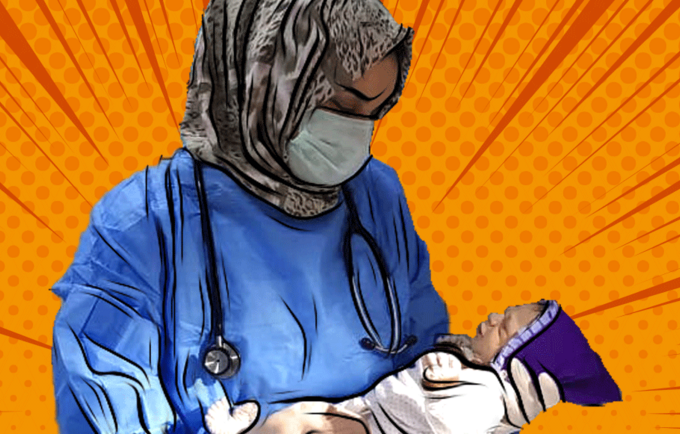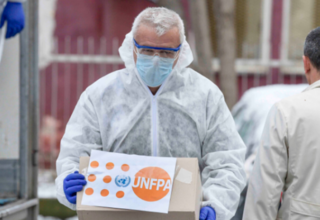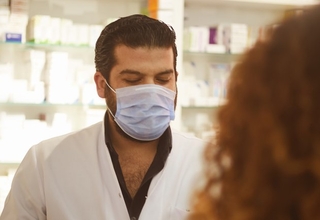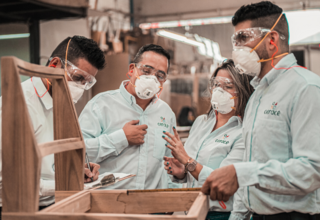"Last year saw attacks against aid workers surpass all previous records, with hundreds of humanitarian workers assaulted, injured, kidnapped or killed.
This year, threats to healthcare personnel are escalating amid the COVID-19 pandemic. Not only do health workers face exposure to the deadly coronavirus, but they are also enduring a rising tide of violence, with attacks driven by fear and misinformation.
Despite this surge in violence and disease, these real-life humanitarian heroes are undeterred. People across the world are rising to the challenge of humanitarian work in their communities and around the world.
On World Humanitarian Day, UNFPA commemorates those injured or killed in the course of their duties, and we pay tribute to those who continue to provide life-saving support and protection to people most in need.
We honour doctors, nurses and midwives who risk their own lives to assist pregnant women during delivery. We honour counsellors and caseworkers providing support to survivors of gender-based violence, which has worsened under COVID-19. We honour the women and youth leaders who stand strong for human rights and dignity as humanitarian front-line responders. And we recognize the extraordinary debt owed to all health workers who continue to serve amid a pandemic that has claimed nearly 750,000 lives.
At UNFPA, we also recognize the heightened risks faced by women humanitarians and health workers. Women make up around 70 per cent of the health and social services workforce, where they are more likely to grapple with unsafe working conditions and unequal access to safety equipment and support. We know that standing strong for sexual and reproductive health and rights and gender equality also poses serious risks and that threats, assaults and killings are increasing for women human rights activists.
We are inspired by the UNFPA staff and partners who are overcoming unprecedented hurdles to provide assistance to people affected by humanitarian crises in more than 60 countries, including those who have found themselves in dire need as the result of COVID-19. As we work with governments and partners to get to zero unmet need for family planning, zero preventable maternal death, and zero gender-based violence and harmful practices such as child marriage and female genital mutilation, we also call for zero attacks on humanitarian workers, civilians, and civilian infrastructure including schools, hospitals and health clinics.
We live in a world where heroes don’t wear capes, but many do wear masks and (face) shields. They protect the lives of those who give life. They heed distant cries for help and support women and girls in need. They are superhuman in their perseverance and compassion, and in their hope that, together, we can achieve a better world for all."
Dr. Natalia Kanem, UNFPA Executive Director




